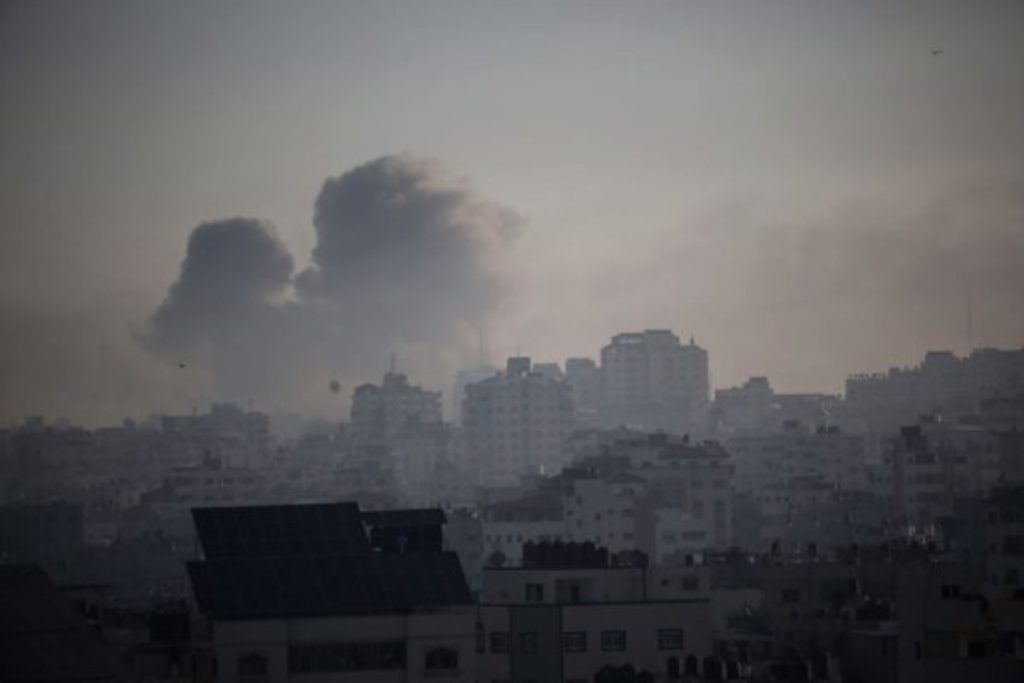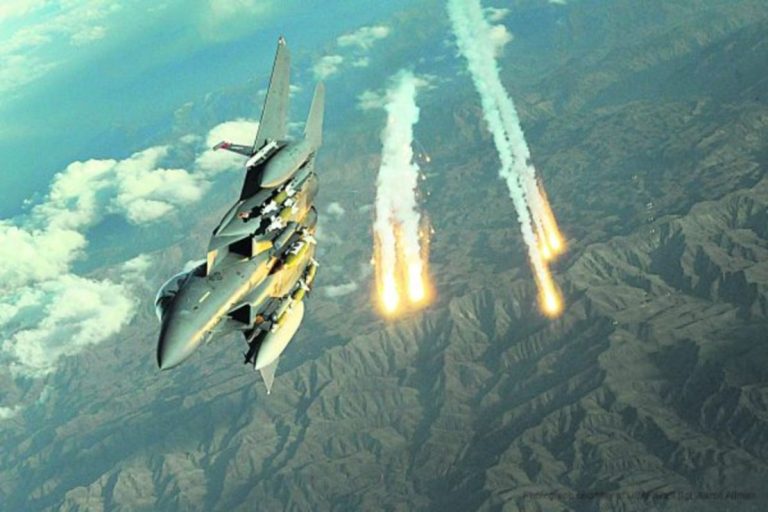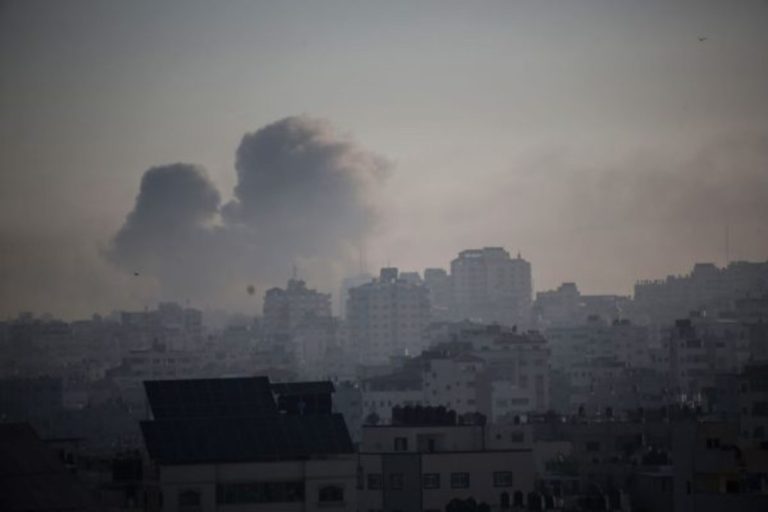
Israeli Prime Minister Benjamin Netanyahu has recently reiterated that Israel sees no alternative but to continue its military operations in Gaza. Speaking amidst ceaseless tension and unrest, Netanyahu insisted that their agenda is clear: eliminate Hamas’s military capability, secure the release of hostages, and ensure that Gaza can no longer pose a threat to the Israeli state. Additionally, Netanyahu remains committed to preventing Iran from obtaining nuclear capabilities, emphasizing the broader regional security narrative.
Ongoing Conflict and Challenges
The ongoing conflict has exacerbated internal pressures within Israel. Netanyahu faces scrutiny not only from the families of hostages but also from Israeli reservists and retired military personnel who are questioning the continuation of the conflict, especially after a ceasefire was prematurely broken last month. Additionally, there remains heated debate over whether the aggressive stance is yielding tangible improvements in stability or further entrenching divisions.
Despite Israel’s willingness to negotiate prisoner exchanges, Hamas remains steadfast, demanding a comprehensive Israeli withdrawal and permanent ceasefire as prerequisites for any further agreements. The impasse perpetuates the cycle of violence, as recent airstrikes have demonstrated.
Humanitarian Toll in Gaza
The human cost has been heavy. Over a span of just 48 hours, Gaza’s health ministry reported more than 90 fatalities resulting from Israeli airstrikes, with casualties including women and children, highlighting the severe humanitarian impact. In Khan Younis, a city previously considered a humanitarian zone, civilians continue to suffer amidst the wreckage, as families mourn those lost to the conflict.
These distressing scenes play out against a backdrop of acute food shortages exacerbated by a near-total blockade. With Gaza’s infrastructure heavily damaged, the United Nations and various humanitarian groups have sounded alarms about malnutrition rates, pointing out that many inhabitants are surviving on minimal rations due to dwindling resources.
International Calls for Intervention
The blockade by Israel has sparked calls for intervention from international bodies, including the World Health Organization, which has urged diplomatic efforts to facilitate the entry of essential supplies into Gaza. The WHO articulated the need for global stakeholders like the United States to pressure for the lifting of restrictions to allow aid access.
The conflict roots trace back to a surprise assault on October 7, 2023, by Hamas-led forces into southern Israel, leaving approximately 1,200 Israelis dead and taking 251 hostages. While many hostages have since been released via negotiations, tensions remain high as further hostilities continue.
Social and Political Tremors
The societal response in both Gaza and Israel has been charged. In Gaza, dissatisfaction with Hamas is occasionally visible amidst rising casualties and deteriorating living conditions. Conversely, in Israel, regular protests highlight public discontent with the ongoing military campaign, increasing pressure on the Netanyahu administration to secure the release of remaining hostages and pursue diplomatic resolutions.
Throughout these tensions, calls for diplomatic intervention and robust resolutions grow louder. Messages from protestors in Israel, such as « Bring them all back now, » reflect a public desire for a shift away from protracted conflict towards negotiated peace, presenting both challenges and opportunities for policymakers engaged in this protracted and complex regional dispute.



